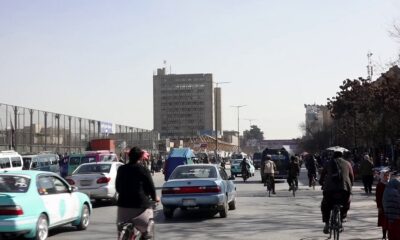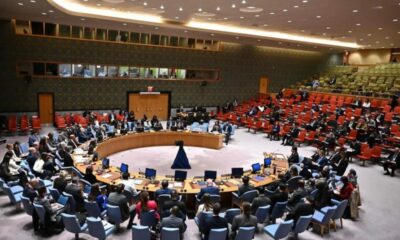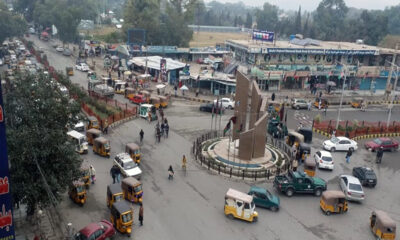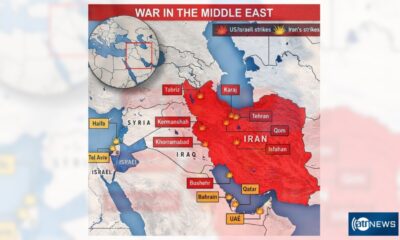Latest News
BBL’s Afghan stars set to join national team for Ireland series

The KFC BBL’s cadre of Afghanistan stars will leave Australia this week ahead of the country’s one-day international (ODI) series against Ireland in the UAE.
Rashid Khan, Mohammad Nabi and Mujeeb ur Rahman have all been named in their country’s 16-man squad that will face Ireland in three ODIs from January 21.
That series had already been pushed back by several days due to visa issues for the UAE, where matches will be played, but the time has come for the Afghans to depart for national duties, Cricket Australia reported.
Adelaide Strikers stalwart Rashid, the national vice-captain, will play his final match of BBL|10 on Monday night against the Melbourne Stars in Adelaide, which will also be his 50th appearance for the club.
“When your national team needs you, you have to go and do your duties, but at the same time I will miss playing with my blue brothers,” Rashid said on Sunday.
“Of course, I love everything about Adelaide and playing for the Strikers, it is such a beautiful place and ground and all the fans have been wonderful since I started here four years ago.
“I wish my team-mates well for the rest of the tournament and hopefully we will make finals and go further than that.”
The Brisbane Heat meanwhile hope to still have Mujeeb for one more fixture on Thursday against the Melbourne Renegades.
“It looks like the Renegades game will be the last one for Mujeeb,” Heat coach Darren Lehmann said.
“It’s been wonderful having him again and we believe his bowling has gone to a new level this summer.”
Mujeeb claimed career best and club record figures of 5-15 against the Hobart Hurricanes last week and has taken 12 wickets so far this season for the Heat at 14.33 and an economy of 6.61, cricket.com.au reported.
The Melbourne Renegades have already lost Nabi who has departed Australia en route to Abu Dhabi for national duty.
Latest News
Afghanistan expresses deep concern as Middle East crisis intensifies

The Ministry of Foreign Affairs of Afghanistan has voiced serious concern over rapidly escalating political and security tensions in the region, warning that the consequences could negatively affect all neighboring countries.
In a statement issued Sunday, the Islamic Emirate said it is deeply worried about recent strikes carried out by Israel and the United States on targets inside Iran, as well as Iran’s subsequent missile and drone attacks targeting Gulf states.
The statement comes amid one of the most serious regional escalations in years.
Over the weekend, U.S. and Israeli forces launched coordinated strikes on Iranian territory, including high-profile military and leadership targets. Iran responded with waves of missile and drone attacks on U.S. assets and Gulf countries, including the United Arab Emirates, Qatar and Bahrain, prompting airport closures, airspace disruptions and heightened security across the region.
Several Gulf states reported casualties, injuries and material damage, while embassies in multiple countries advised foreign nationals to shelter in place. Commercial aviation and shipping routes have also faced significant disruption as tensions remain high.
Against this backdrop, Afghanistan’s Foreign Ministry stressed that continued military actions violate established international principles, undermine national sovereignty and threaten the territorial integrity of states.
The IEA described the developments as unacceptable and condemnable.
The Islamic Emirate called on all parties to exercise restraint, respect national sovereignty and avoid further escalation. It urged an immediate halt to military operations and a return to dialogue and diplomatic solutions, warning that prolonged instability would have far-reaching humanitarian, economic and security consequences for the broader region.
Latest News
Afghanistan says Pakistani airspace violation over Kabul was thwarted
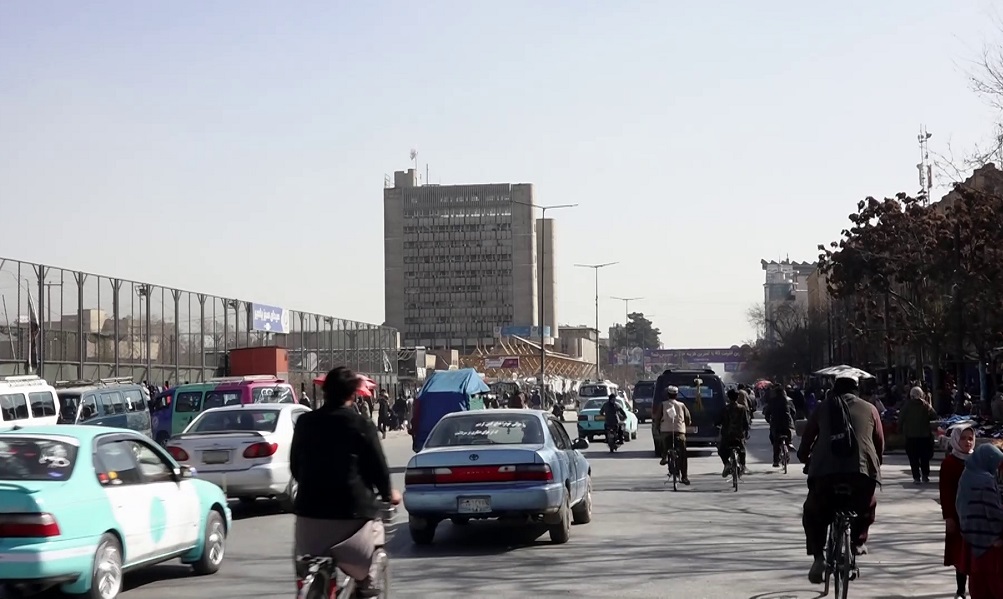
Zabihullah Mujahid, spokesperson of the Islamic Emirate, says Afghan defense forces repelled repeated airspace violations over Kabul on Saturday night by the Pakistani military, assuring the public that the security situation in the capital remains stable.
Mujahid confirmed that Afghan air-defense units targeted incoming aircraft, saying: “Air defence attacks were carried out in Kabul against Pakistani aircraft. Kabul residents should not be concerned.”
Amid rising military tensions between the Islamic Emirate and Pakistan, senior officials in Afghanistan warned that the nation is fully capable of responding to any form of aggression.
Hayatullah Muhajir Farahi, Deputy Minister of Publication at the Ministry of Information and Culture, stated: “The enemies of Afghanistan must understand that Afghans now have the ability to respond decisively to any act of aggression.”
International Sports
FIFA calls for ‘all teams to participate’ in 2026 World Cup amid US–Iran conflict
The developments come just months before Iran is due to travel to the United States for the World Cup, which will be co-hosted by the US, Mexico and Canada.
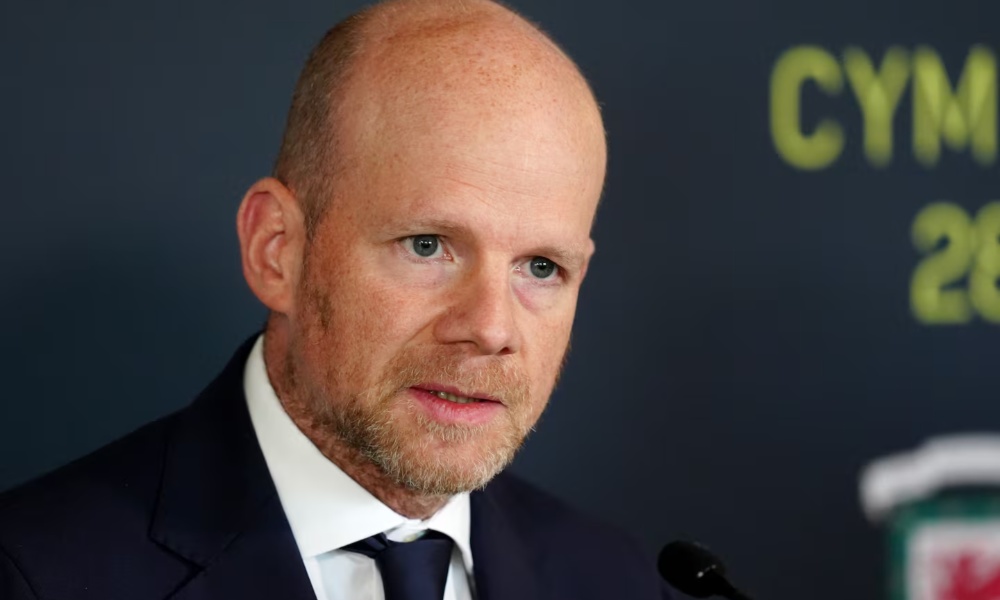
FIFA Secretary General Mattias Grafström says the governing body remains committed to having every qualified nation compete at the 2026 World Cup, despite escalating conflict between the United States and Iran.
The U.S. carried out missile attacks on Iran on Saturday and Sunday, with US President Donald Trump describing the operation as a “major combat mission.” Iran responded with strikes on US air bases in the Gulf, including facilities in the United Arab Emirates, Qatar and Bahrain.
The developments come just months before Iran is due to travel to the United States for the World Cup, which will be co-hosted by the US, Mexico and Canada.
Iran was drawn into Group G alongside Belgium, Egypt and New Zealand. Team Melli is scheduled to play two group-stage matches in Los Angeles on June 15 and 21, followed by a third in Seattle on June 26.
Speaking at the International Football Association Board’s annual general meeting in Cardiff, Wales, Grafström said FIFA is closely monitoring the situation but remains focused on ensuring the tournament proceeds safely and inclusively.
“I read the news this morning the same way you did,” Grafström said. “It is premature to comment in detail, but we will monitor developments around all issues around the world.
“Our focus is on a safe World Cup with all the teams participating. We will continue to communicate with the three host governments as we always do. Everybody will be safe.”
However, questions remain about Iran’s participation due to US travel restrictions. Iran is among 19 countries included in a travel ban announced by the Trump administration in June last year, potentially complicating entry for Iranian citizens.
In December, Iran Football Federation president Mehdi Taj warned that some national team players and staff could face visa denials because of prior military service. Several players have served in the Islamic Revolutionary Guard Corps (IRGC), which the US government designates as a foreign terrorist organization.
The U.S. State Department has not ruled out the possibility that certain Iranian players could be denied visas, adding further uncertainty to Iran’s path to the 2026 tournament.
-
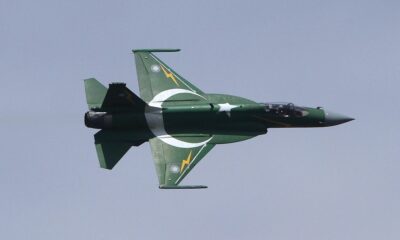
 Latest News2 days ago
Latest News2 days agoPakistani military jet downed in Afghanistan’s Jalalabad, pilot captured alive
-

 Latest News3 days ago
Latest News3 days agoAfghan Air Force conducts airstrikes in Islamabad, other cities
-
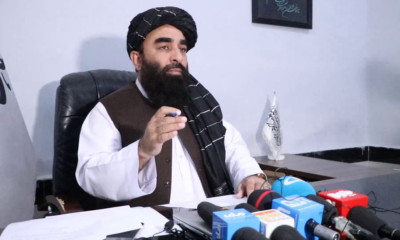
 Latest News3 days ago
Latest News3 days agoIEA: Special circle in Pakistan has launched mission to destabilize region
-

 World4 days ago
World4 days agoIndia’s Modi backs Israel in address at Israeli parliament
-
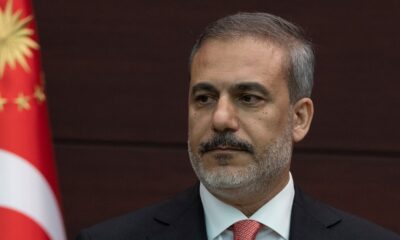
 Latest News3 days ago
Latest News3 days agoTurkey launches initiative to diffuse Afghanistan-Pakistan tension
-

 Regional4 days ago
Regional4 days agoNarendra Modi holds high-level talks after historic address to Knesset
-

 Latest News3 days ago
Latest News3 days agoAfghans say they are united against Pakistan aggression
-

 Latest News3 days ago
Latest News3 days agoPakistan carries out airstrikes after Afghanistan launches retaliatory attacks




